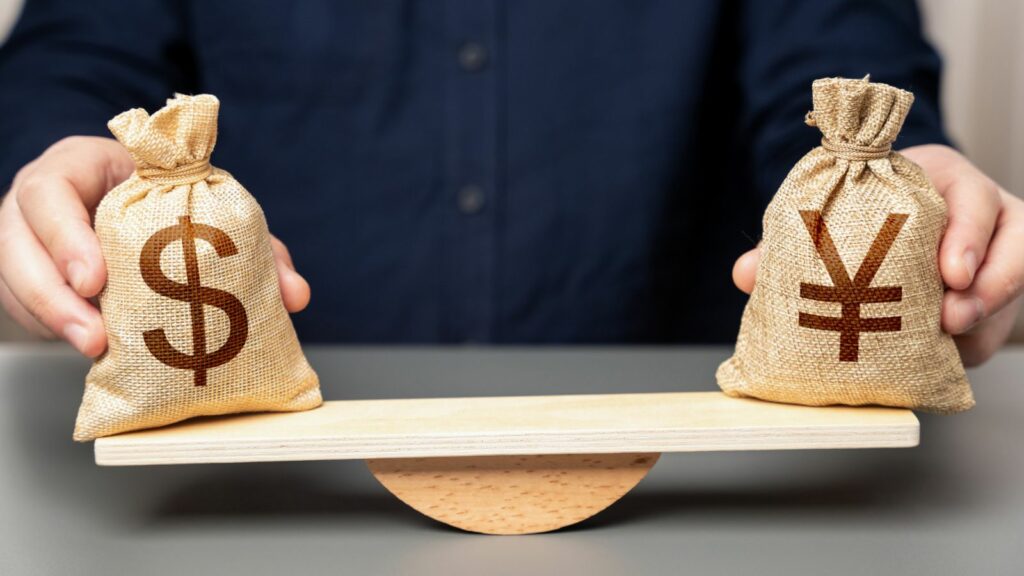While inflation is often thought of as a purely economic concept, its effects run much deeper. Beyond rising prices at the gas pump or grocery store, inflation influences decisions we make about our spending, savings and even lifestyle choices. Here are 18 surprising ways inflation is quietly reshaping your lifestyle:
Your Grocery Bill Is Steadily Increasing

One of the most noticeable effects of inflation is at the grocery store, where prices on everyday essentials like meat, dairy and vegetables are climbing. Even basic staples like bread, rice and pasta are more expensive, causing your weekly shopping bill to grow without you realizing it.
Shrinking Product Sizes

In response to inflation, many companies are engaging in “shrinkflation,” where they reduce the size or quantity of products while keeping prices the same. Whether it’s a bag of chips with less in the bag or smaller portions of cereal, you’re paying the same (or more) for less product than before.
Dining Out Is Becoming More Expensive

Restaurant prices are rising due to higher costs of ingredients, wages, and utilities. A meal out that used to be affordable now costs significantly more and tipping is higher as wait staff wages are adjusted to keep pace with inflation. Dining out may start to feel like more of a luxury than a regular activity.
Housing Costs Are Soaring
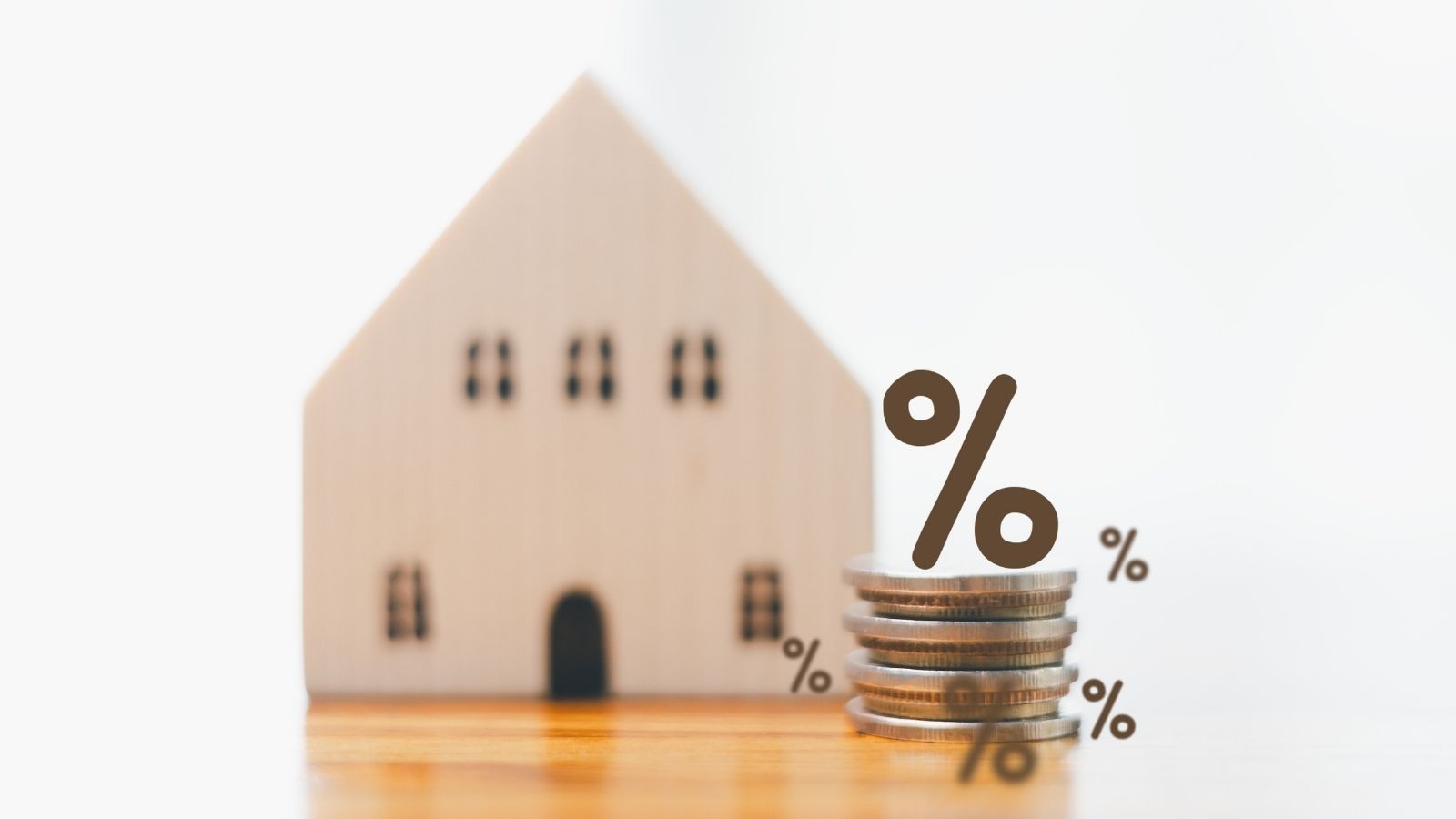
Inflation has made both buying and renting homes more expensive. Higher demand and rising construction costs are driving up prices, while mortgage rates are also increasing, making homeownership less attainable for many. Renters, too, are feeling the pinch, with rent prices skyrocketing in many cities.
Utility Bills Are Growing

Inflation is affecting the cost of utilities like electricity, water and gas. As energy prices rise globally, you’re likely noticing higher bills, particularly during peak seasons when usage spikes. This increase can catch many people off guard, quietly cutting into household budgets.
Interest Rates on Loans Are Rising

As central banks raise interest rates to combat inflation, borrowing becomes more expensive. Whether it’s a mortgage, car loan, or credit card debt, you’re likely paying higher interest rates than before. This can make it more difficult to finance large purchases or carry debt.
Your Savings Are Losing Value
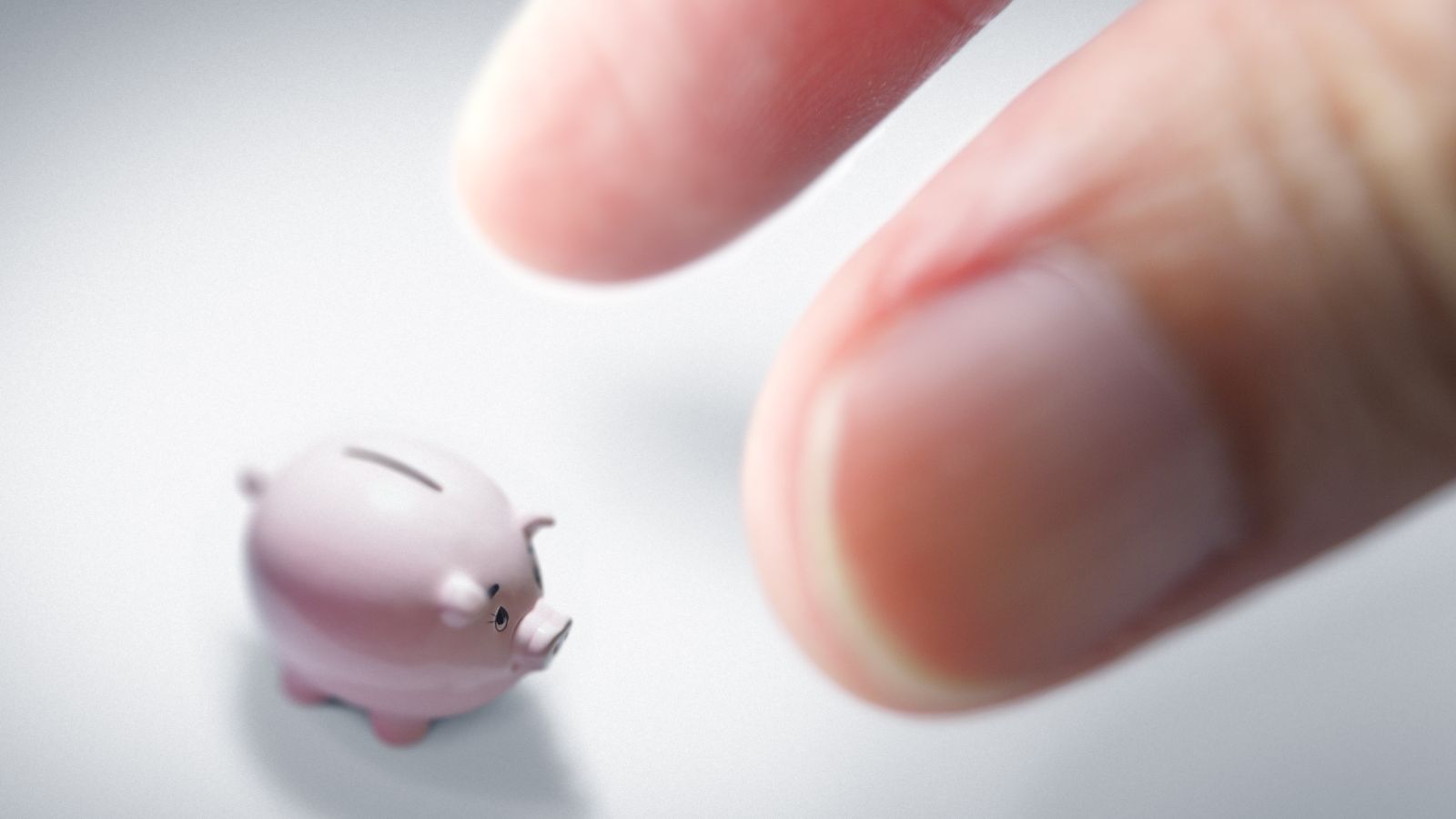
Inflation erodes the purchasing power of money, meaning that the cash sitting in your savings account is worth less over time. Even with interest, most savings accounts don’t keep up with inflation, meaning that your money isn’t growing as fast as prices are rising.
Subscription Services Are Creeping Up

Many streaming services, gym memberships and other subscription-based platforms are quietly increasing their prices to keep pace with inflation. These small increases may go unnoticed at first, but over time they can add up, stretching your entertainment and wellness budget.
Transportation Costs Are Up

Whether you drive or use public transportation, inflation is affecting how much you spend to get around. Fuel prices fluctuate with inflation, leading to more expensive commutes, while maintenance and vehicle costs are also rising. Public transportation fares, meanwhile, are increasing as cities cope with higher operational costs.
Travel Is More Expensive
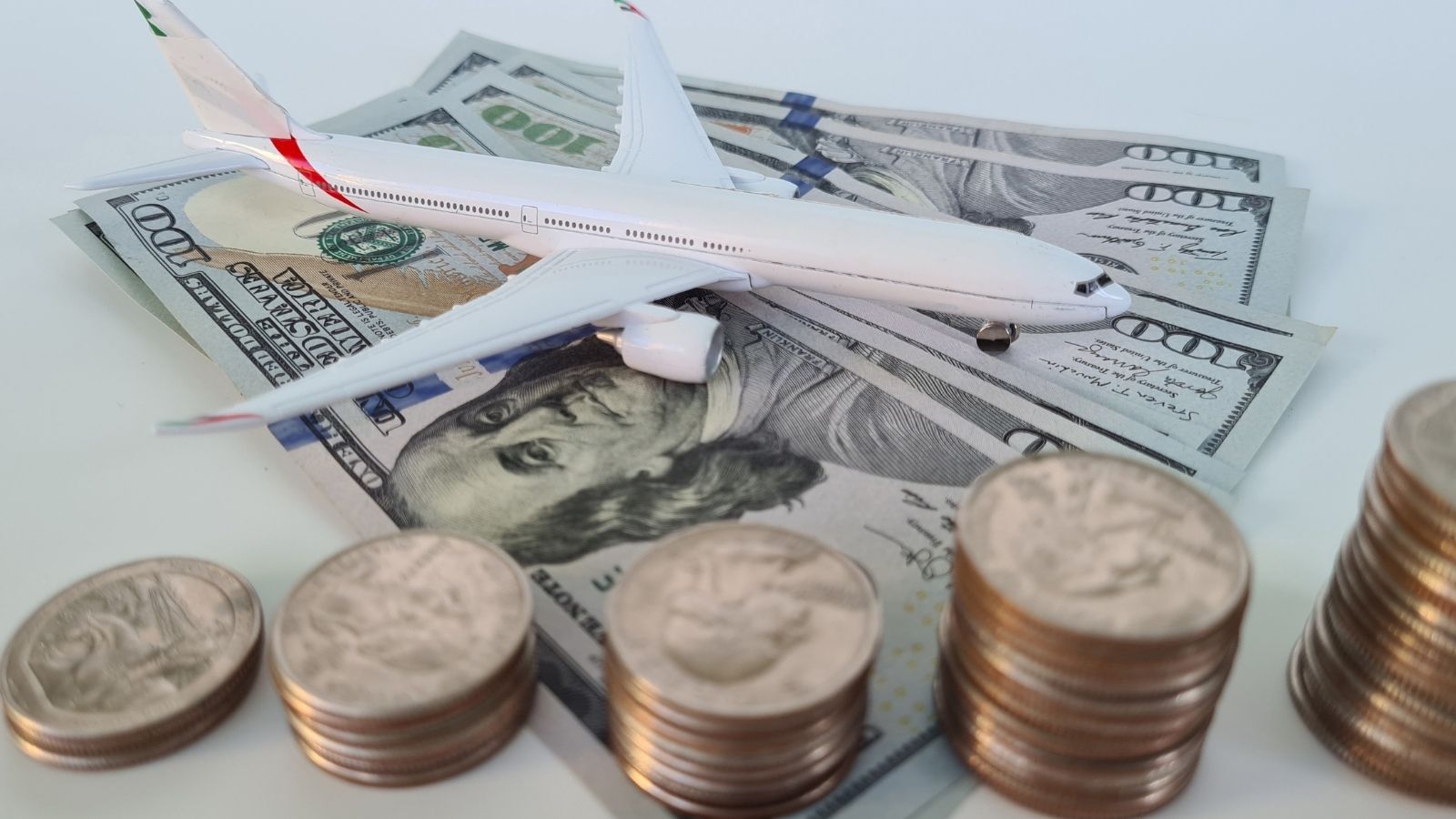
The cost of travel has surged in recent years, driven by inflation in fuel prices, higher demand and increased operational costs for airlines and hotels. Whether you’re booking a flight, renting a car, or staying at a hotel, travel costs are taking a bigger bite out of your budget, making vacations more costly.
Health Care Costs Are Rising

Inflation is pushing up the cost of medical care, including doctor visits, prescriptions, and hospital stays. Even with insurance, you may find yourself paying more out of pocket for co-pays, deductibles and premiums. This trend is making health care more expensive for families across the board.
Inflation Is Changing Investment Strategies
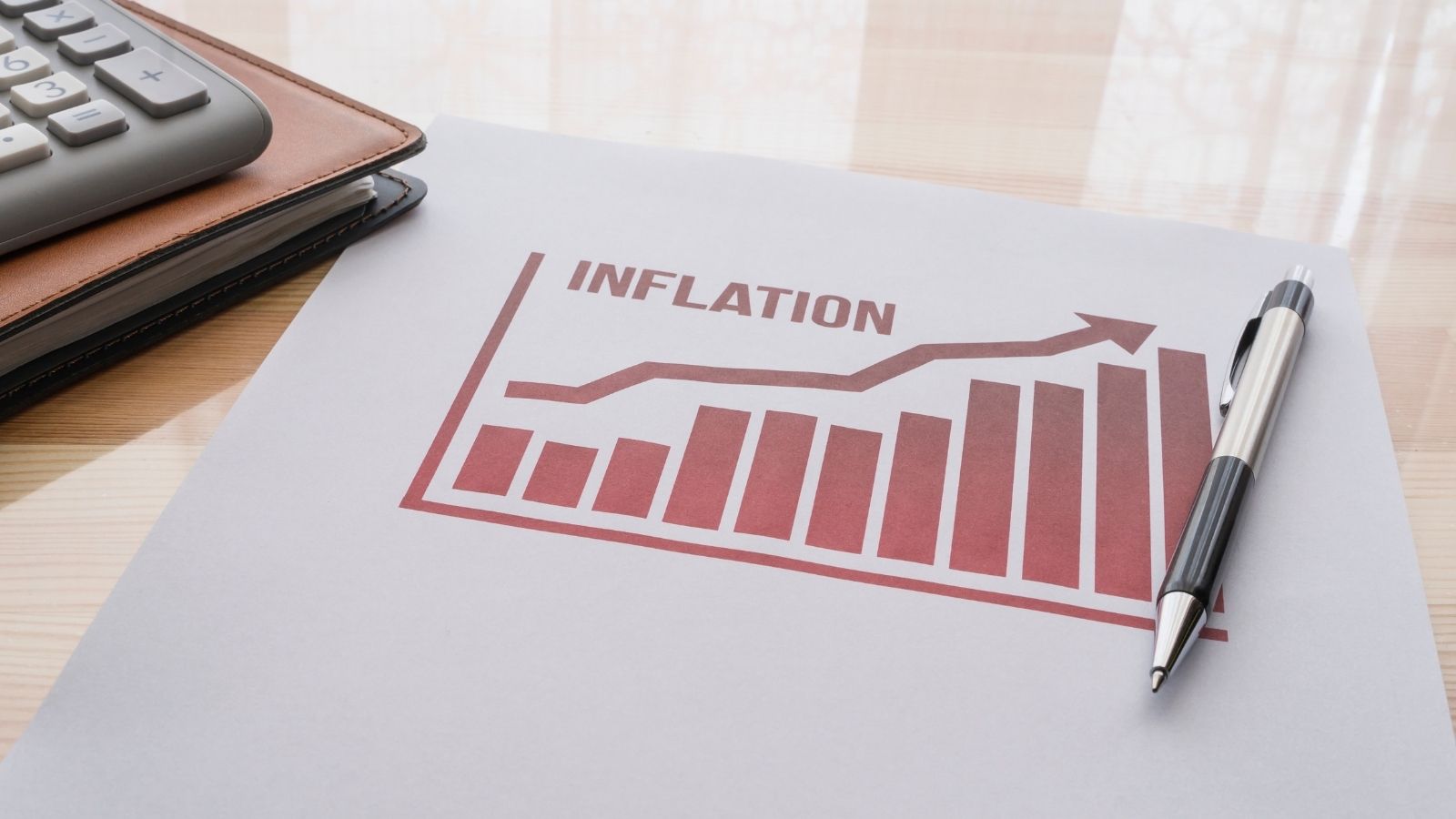
Inflation affects not only how much things cost but also how people invest. With inflation eating into returns, many are shifting their investment strategies toward assets that are seen as inflation hedges, like real estate or commodities. If you have a portfolio, inflation may be reshaping your long-term financial planning.
Wages Aren’t Keeping Pace
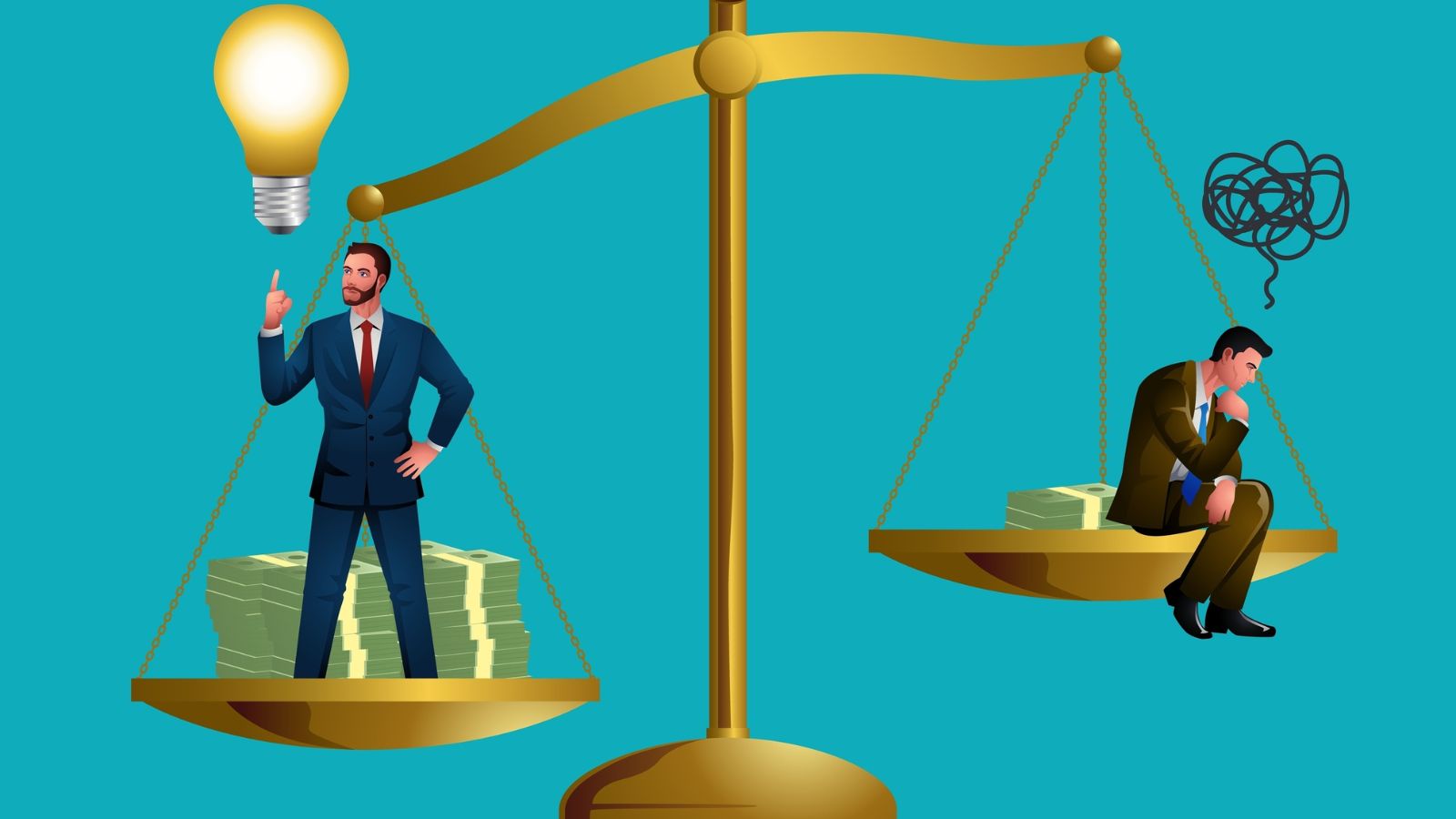
In many sectors, wages are not increasing at the same rate as inflation. Even if you’ve received a raise, it may not be enough to keep up with the rising cost of living, meaning your paycheck doesn’t stretch as far as it used to. This has led to financial strain for many households.
Your Retirement Fund Is at Risk
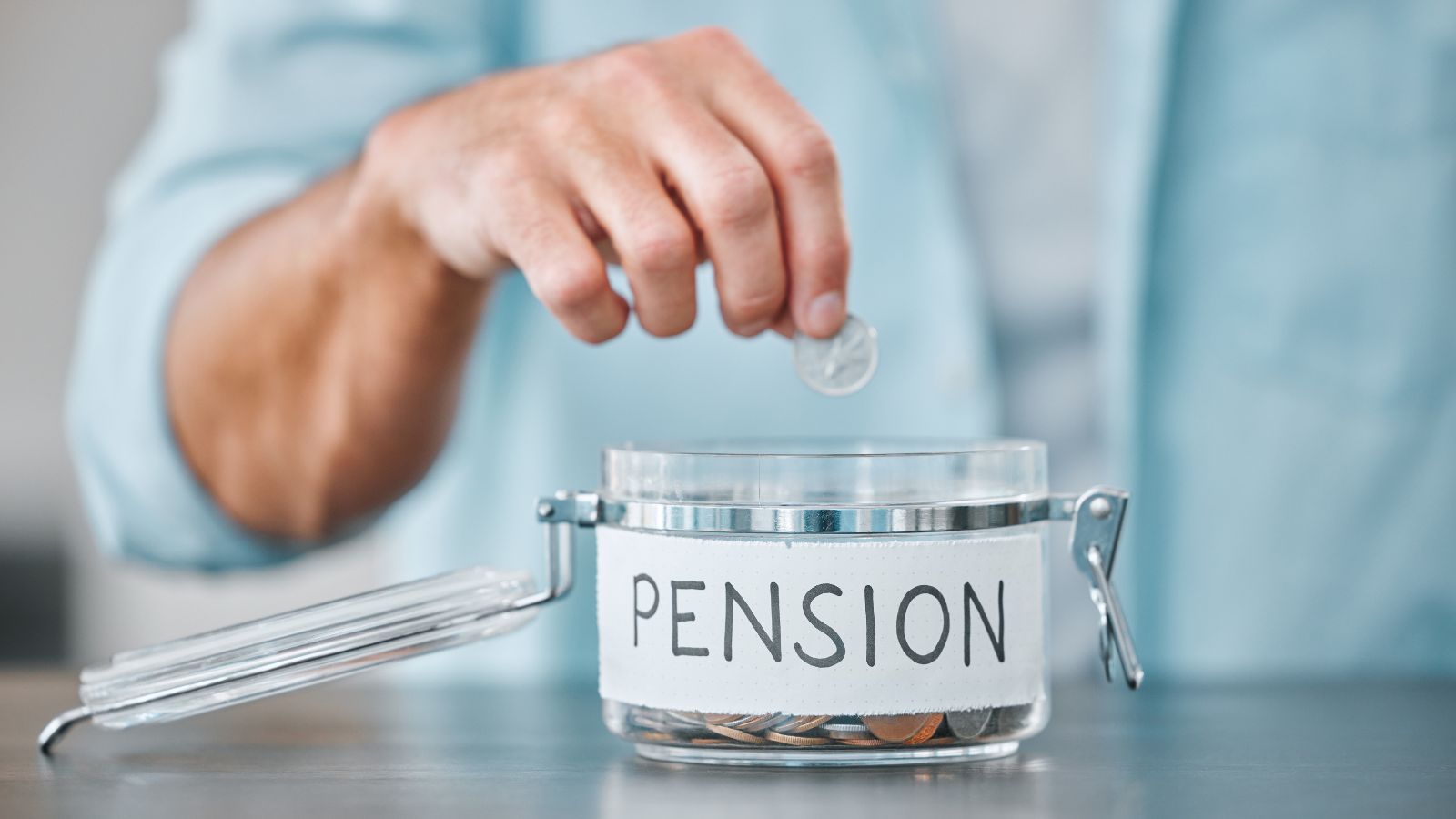
Inflation can quietly reduce the value of your retirement savings. If you’re not adjusting your contributions or investment strategy, your retirement fund may not grow enough to support the lifestyle you expect in the future. Rising costs of living also mean that retirees will need more savings to maintain their standard of living.
Second-Hand Shopping Is Growing

Inflation is driving more people to thrift stores, flea markets and online resale platforms to find cheaper alternatives to new products. Whether it’s clothing, furniture, or electronics, second-hand shopping is becoming more popular as consumers look for ways to cut costs amid rising prices.
DIY and Home Repairs Are on the Rise

As inflation increases the cost of professional services and home improvement materials, more people are turning to DIY projects. From fixing minor home repairs to taking on larger renovation projects, homeowners are seeking to save money by doing it themselves, even as the price of building materials remains high.
Luxury Goods Are Getting More Expensive

Luxury items like high-end fashion, watches and cars are also feeling the impact of inflation. The rising cost of materials and supply chain disruptions have driven up prices, making these items even more exclusive and less attainable for the average consumer.
Tech and Electronics Are Increasing in Price
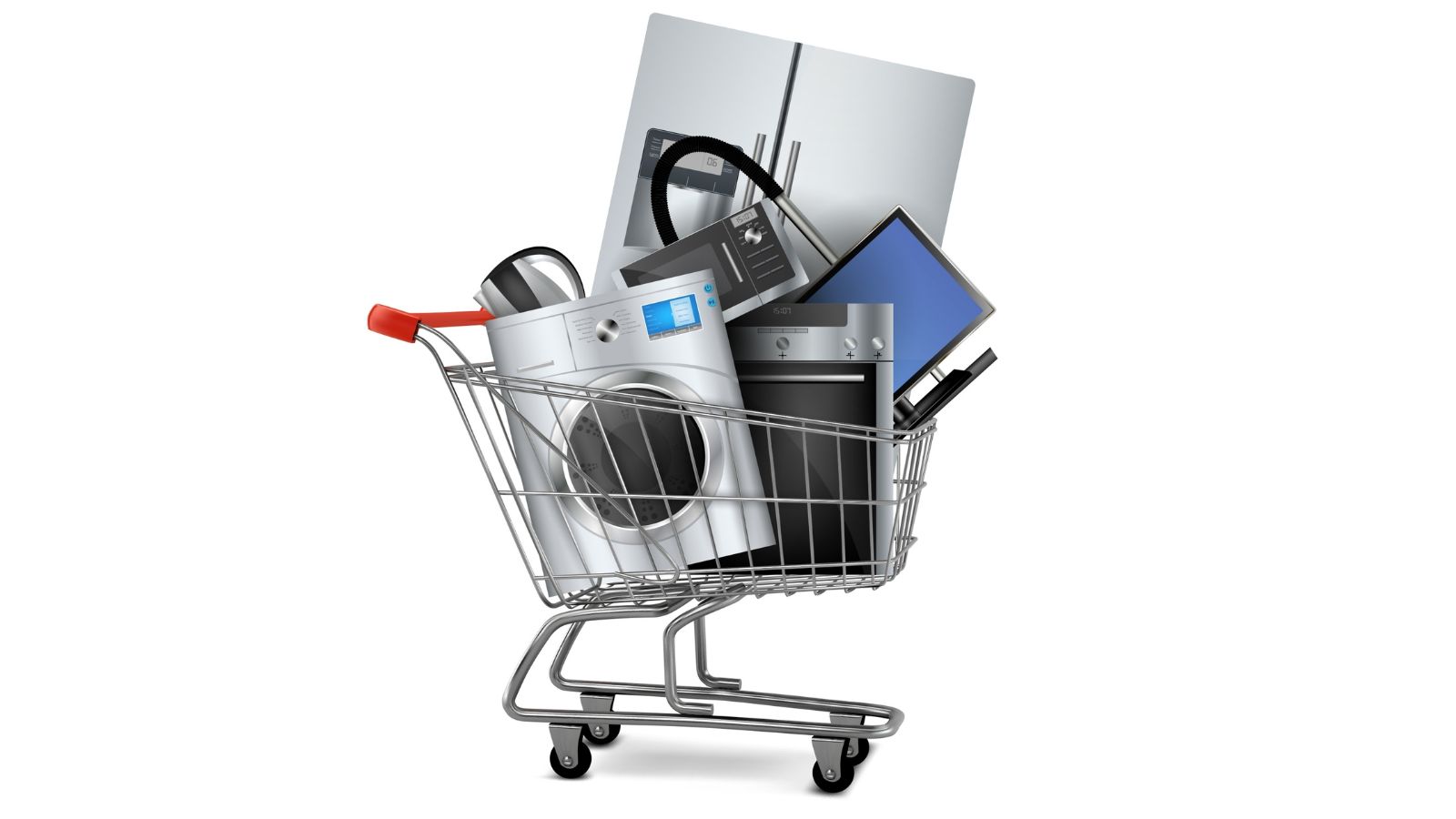
Inflation has affected the tech sector, making everything from smartphones to laptops more expensive. Component shortages, rising production costs and global supply chain issues have driven up the price of consumer electronics, making it more costly to stay updated with the latest technology.
18 Reasons Why People Are Leaving Florida in Masses

Exploring factors that impact the desirability of living in Florida, this list delves into various challenges shaping residents’ experiences. From environmental concerns like rising sea levels to economic factors such as fluctuating job markets, these issues collectively contribute to a nuanced understanding of the state’s appeal.
18 Reasons Why People Are Leaving Florida in Masses
